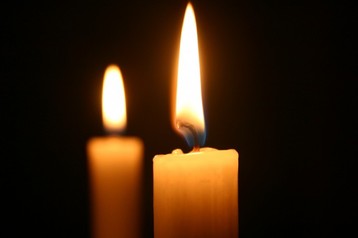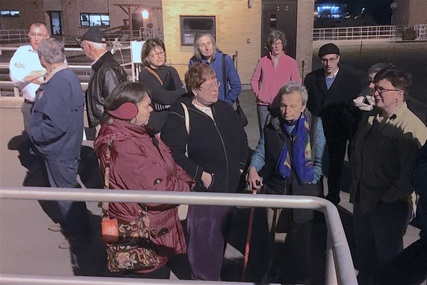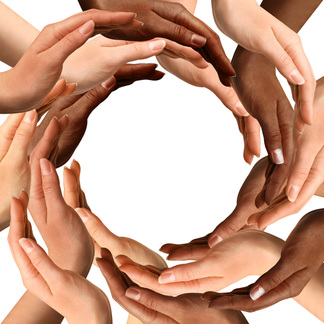
In a classical midrash, the rabbis ask just this question: "The Holy Blessed One said: If I wanted a sacrifice, would I not ask the angel Michael, who is always with Me, to make the offering? Yet, whom did I ask? The people of Israel." (Tanchuma Tzav)
So, why does God make this choice? Why risk it?
The great Chasidic master, Rabbi Menachem Mendl of Kotzk (1787-1859), imagines God answering the question: "If I had wanted just the deed itself, indeed, I would have commanded Michael to do it, since his acts are more pure than any human could ever perform. However, I asked human beings to do it because I do not want the deed. Rather, it is the intention and the preparations that I want. In this respect, the deeds of humanity are more pleasant to Me than the act of any angel." (Ohel Torah, Tzav)
In Jewish tradition, angels are pure beings of light who exceed human beings in every respect except for one. They have no free will. It is their very perfection that makes them incapable of doing anything that God does not wish them to do. On the other hand, we imperfect humans are capable of disappointing God by falling short (sometimes falling very far short) of what God wants from us.
Yet, it is our imperfection that God craves. God delights in the fact that, when we do what is right, we do it because we choose it. And that is why God chooses us.
God does not care about the ancient sacrificial offerings themselves. God does not care about the lighting of the candles, the food we eat or don't eat, the work we abstain from, or the performance of any ritual deed at all. The performance is not the point. The point is only that we set our intentions on something beyond ourselves and strive toward the pure holiness that is beyond our grasp.
So, the next time you think about performing any ritual and you catch yourself thinking – "Will God hate me if I don't do this the right way?" – try to reframe the question. God does not care how you do it, only that you engage in an intention toward holiness. If you can engage deeply and meaningfully in the contemplation of the exact right moment to light the candles, or the precisely correct way of reading a sacred text, good for you. Do it with delight and joy beaming from your soul.
On the other hand, if you worry that you have fallen short of what is "exact" and "precise," then comfort yourself with the knowledge that it is your inexactitude and your imprecision that God finds most delightful and wondrous about you. If it weren't for that, God just would have asked Michael to do it instead. But God did not do that. God chose you.
Other Posts on This Topic:
Bo: Pharaoh's Free Will
Naso: Blessing with Purpose and Intention



 RSS Feed
RSS Feed
